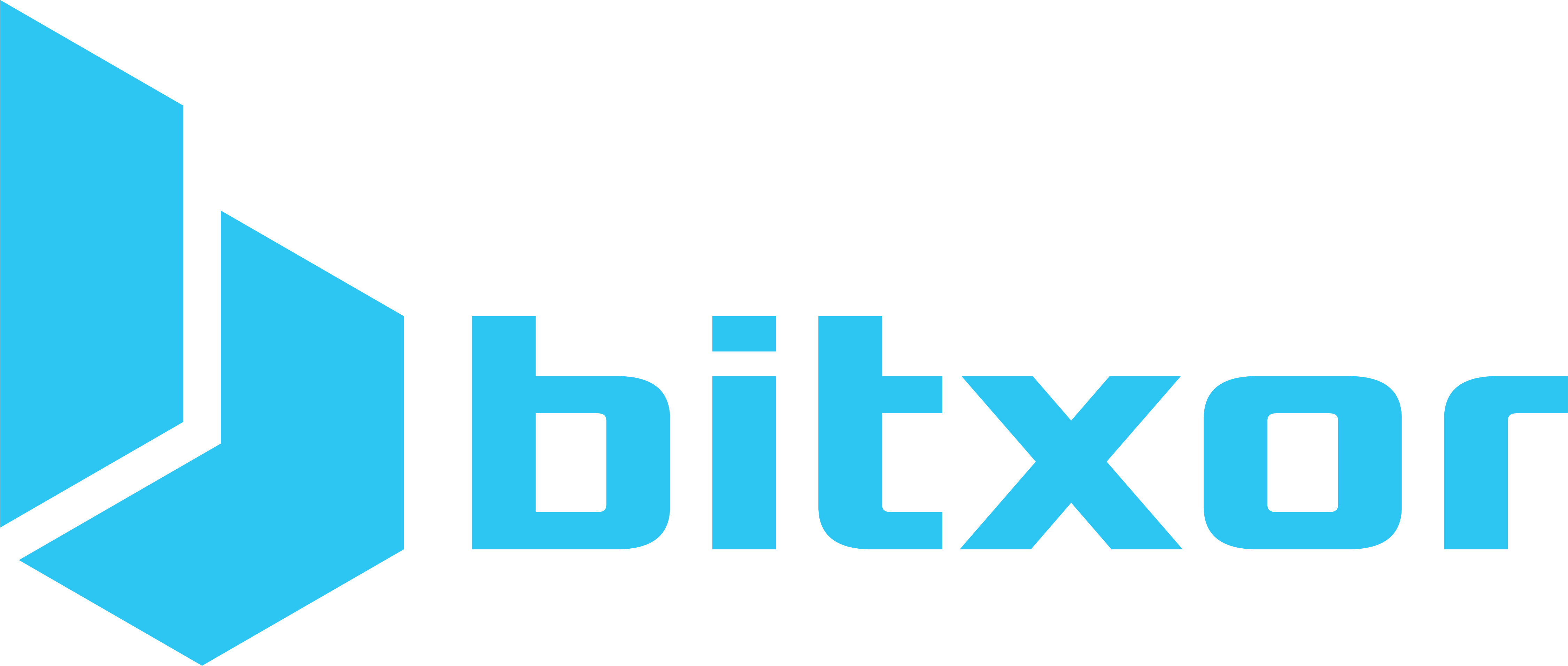Bitxor Protocol seeks to integrate a promising initiative for the adoption of its technology in central banks in Latin America and the Caribbean. To this end, it is in the process of establishing contacts with central and private banks in the region to implement Blockchain technology and allow these countries to digitally mint their own currencies, using their own blockchain backed by Bitxor's advice and technology.
This collaboration between Bitxor and the banks is of significant importance. With the Bitxor Protocol, it will be possible to leverage the issuance of structured digital notes in alliance with these institutions, which would drive the development of tokenized financial instruments and the successful issuance of these on the Bitxor Blockchain, constituting an innovative financial product that combines blockchain technology and traditional finance. Bitxor’s blockchain is prepared to support these operations in partnership with financial services and investment banking companies in the region.
The implementation of Bitxor’s technology for these types of instruments offers numerous benefits and opens the door to long-term collaboration between the centralized (Cefi) and decentralized (Defi) financial sectors in this area and its potential application would mark an important milestone in terms of applicable laws and types of blockchain used in the region.
In addition, this Bitxor initiative aims to help establish a progressive regulatory framework for cryptocurrencies, driving the simplification of digital asset markets and products designed specifically for Latin American and Caribbean customers. The development of blockchain-based digital structured products will enable greater efficiency and transparency in financial transactions.
The global trend towards digital currencies issued by central banks is evident. According to a survey conducted by the Bank for International Settlements (BIS), nine out of ten central banks worldwide are exploring the possibility of developing them. This survey also revealed that many central banks are focusing on designing them for consumer use, indicating a focus on mass adoption of these digital currencies.

The survey took place in the fall of 2021 and also included questions on central banks' assessment of the use of stable coins and other cryptocurrencies in their jurisdictions.
Bitxor’s Blockchain technology, offers a secure and efficient framework for the issuance and management of these currencies. Several jurisdictions, including China and the Bahamas, have already made progress in implementing their own retail currencies, and more countries are expected to follow suit in the near future.
In summary, the collaboration between the Bitxor Protocol and central and private banks in Latin America and the Caribbean for the implementation of their digital currencies through Blockchain technology is a promising step towards the digitization of fiat money and the development of digital structured financial products in the region. This initiative will enable greater efficiency in payments, the creation of innovative financial instruments and help establish a progressive regulatory framework for cryptocurrencies for the benefit of countries and their citizens.

